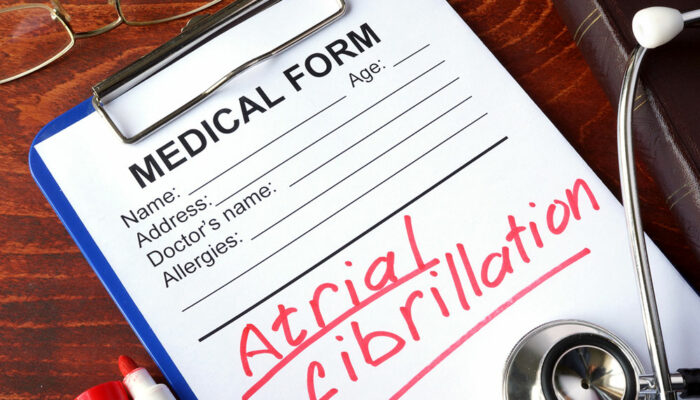
All you need to know about diabetes
Diabetes is a serious condition that impairs the body’s ability to manage blood glucose, which is also known as blood sugar. This condition can lead to a buildup of sugar in the blood, increasing the risk of complications like stroke and heart problems. There are different types of diabetes that need careful management:
- Type 1, also known as juvenile diabetes, is a condition that occurs when the body stops producing insulin or produces too little of it. People affected by this type need daily doses of insulin to manage the condition.
- Type 2 is the excess presence of blood sugar that is the result of reduced production or effectiveness of insulin. This is the most common type and has strong links to obesity.
- Gestational diabetes affects when the body is less sensitive to insulin during pregnancy, and it is usually resolved post-delivery.
Risk factors
- Being of Asian-Pacific Islander, Latin American, Native American, or African-American descent
- Obesity
- Family history
- Having gestational diabetes
- History of high blood pressure
- HDL cholesterol levels of less than 40 mg/dL or 50 mg/dL
- History of polycystic ovary syndrome (PCOS)
- A sedentary lifestyle
- People who are over 45 years of age are at higher risk
General symptoms
- A constant feeling of being hungry and thirsty
- Sudden weight loss
- Frequent urination
- Blurry vision
- Extreme fatigue
- Sores that don’t heal
Common complications of Type 1 and Type 2 diabetes
- Heart diseases and stroke
- Neuropathy
- Nephropathy
- Retinopathy
- Hearing loss
- Skin conditions and infections
- Depression
- Dementia
Complications of gestational diabetes
- Premature birth
- A higher-than-normal weight of the baby at birth
- Higher risk of type 2 diabetes later in life
- Low blood sugar
- Jaundice
- Stillbirth
Diagnosis
- Fasting plasma glucose levels : Diagnosis of impaired fasting glucose or prediabetes.
- A1C : A1C reflects the average blood glucose levels for the past 2 to 3 months.
- Oral glucose tolerance test (OGTT) : The blood glucose is checked at fasting and then 2 hours after drinking a solution. This is the preferred method to test for gestational diabetes.
- Random plasma glucose levels
Treatment
Type 1 diabetes
Insulin is the main treatment that replaces the hormone that the body is not producing. The four types of insulin prescribed are:
- Rapid-acting insulin
- Short-acting insulin
- Intermediate-acting insulin
- Long-acting insulin
Type 2 diabetes
This type is usually managed with a properly monitored diet and exercise chart. The most popularly used medications are Alpha-glucosidase inhibitors, Biguanides, Biguanides, Glucagon-like peptides, Meglitinides, SGLT2 inhibitors, Sulfonylureas, and Thiazolidinediones. It is important to consult the family physician before taking these medicines.
Gestational diabetes
Dietary changes and exercise may or may not help bring this condition down. About 10-20% of women with gestational diabetes need insulin to lower their blood sugar levels.
Prevention and management tips
- Follow a diet rich in nutritious and fresh food, healthy fats, low-fat dairy, lean proteins, vegetables, fruits, and whole grains.
- Avoid high-sugar foods that provide empty calories, like high-sugar desserts, fried foods, and sweetened sodas.
- Refrain from drinking too much alcohol.
- Engage in a minimum of half an hour of exercise a day and for at least 5 days in the week.
- Identify the signs of low blood sugar while exercising, like profuse sweating, weakness, confusion, and dizziness.




